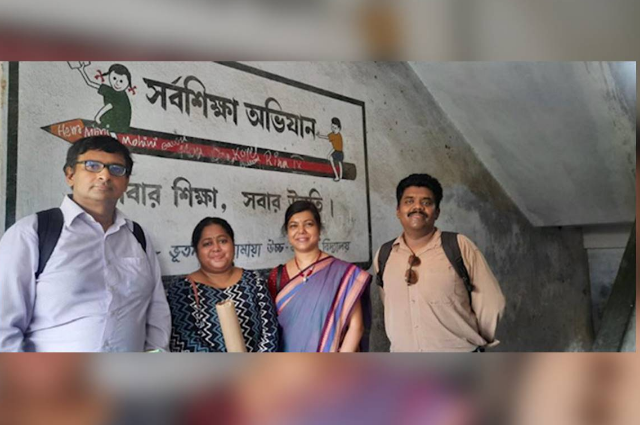
Mental health is an important global concern developing in both developed as well as underdeveloped countries. WHO has issued a warning that this silent killer is projected to impact one out of every five people on the planet in the next thirty to fifty years. Hence, we need to understand and explore the challenges of mental health impacting our lives; and develop specific strategies to deal with it. One of the most important aspects of dealing with mental health from the perspective of various societies across the Indian subcontinent is the traditional stigma attached to any kind of mental issues and ailments. Our society is extremely negligent, unsympathetic, and often extremely vulgar and violent towards individuals with mental disabilities and challenges.
It is quite unfortunate that societies across developing and underdeveloped countries have a strong negative association with mental health in general possibly due to a lack of education, awareness, sensitivity, and empathy. Research indicates that in these backward societies (including India), mental health is highly neglected within the limited medical infrastructure available for large growing populations. Furthermore, social taboos and stigma, superstitions, religious beliefs, and unscientific management of those suffering from negative mental health get little or no care or medication both from the government as well as non-government or charity organizations.
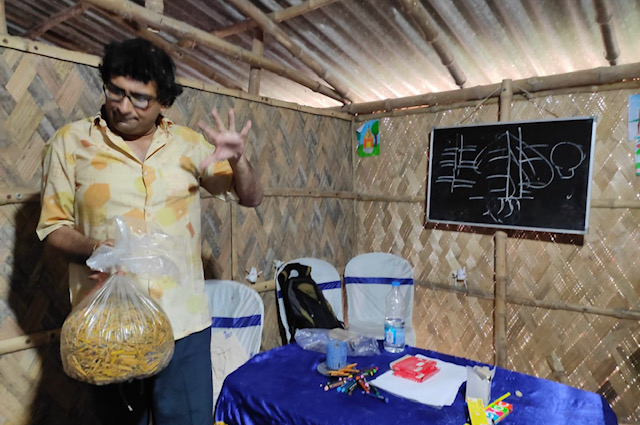
India is no different in these aspects from other economically poor, socially backward, and politically unstable countries across the continents of Asia, Africa, and Latin America. Similar mismanagement regarding mental health issues has been reported also from economically backward East European countries and Russia too where even basic medical facilities and amenities are at stake. Thus the situation concerning mental health, management is significantly lagging in the vast part of our planet with a few million people suffering from various stages and forms of mental health with little or almost no care, counseling, or treatment.
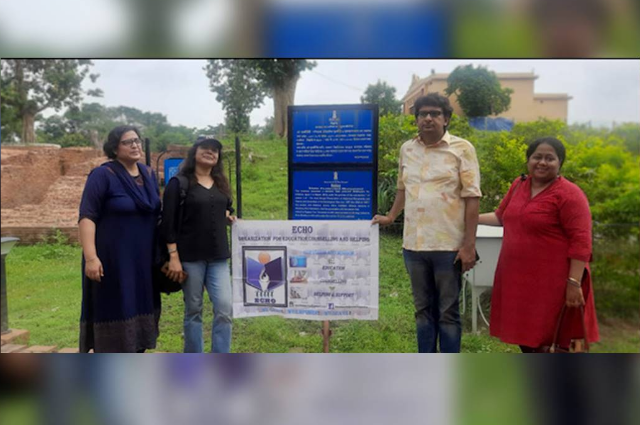
Under these circumstances, a newly formed NGO by the name of ECHO (Education Counselling and Helping Organization) based in Kolkata (West Bengal) has come up with a simple, target population-based customized education and awareness programs in the form of 1-7 days workshop series. They have been specifically highlighting the scientific management of mental health from a complete holistic approach.
The workshops organized by ECHO include both online and offline modes in a blended format.
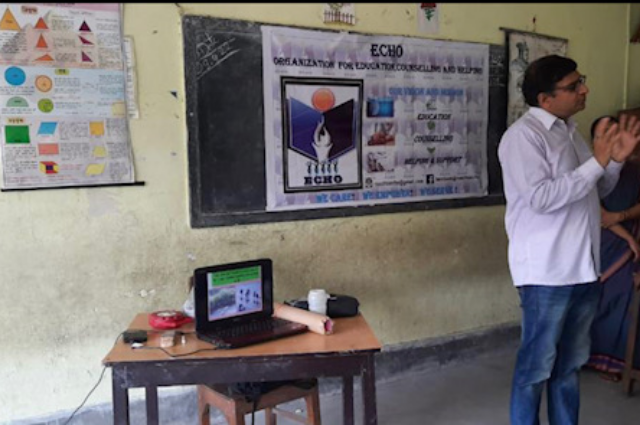
The highly interactive lectures and workshops deal with mental health from a non-medical and no synthetic drug-based approach from a holistic health perspective. The presentations covered in very simple non-technical terms in explaining to the audience what is mental health, what are the symptoms of early signs of negative mental health, ways to accept the challenges of mental health with positivity, and the various strategic approaches necessary in dealing with mental health under an individual or community based current circumstances and acceptable limitations with a highly positive holistic approach.
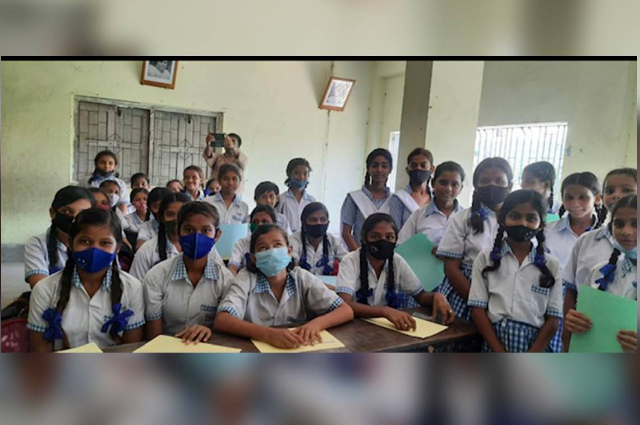
The results have been phenomenal for senior citizens, adults, and school and college children level. The audience readily participated in both English and vernacular (Bengali and Hindi) languages with highly informative question-answer sessions. ECHO resource persons conducted these programs for various age groups across the society and were highly trained in responding to both simple and difficult questions.
One of the important aspects and success of such camps and workshops conducted by ECHO has been that the participants representing various age groups, and diverse mindsets opened up, and shared their experiences with individual mental health challenges and how they have dealt with them so far.
Several strategies were discussed such as partnering with close relatives and friends to cope with mental challenges, introducing discipline, proper diet, and physical workouts as well as positive engagements in various facets of life such as art and literature, adult education, continuing education, life king education and developing self-help groups were critically explored. Working towards establishing a dedicated buddy system or partner system or support system for future social, cultural, economic, and medical help from one another within such a self-help group was encouraged.
Various simple free hand non-gym based physical training, yoga, and Pranayam (breathing) techniques were also taught with great enthusiasm by the participants. Emphasis was laid on positive engagement with life to avoid getting isolated and directing participants towards the creative and holistic mode of treating mental health. Nutritionists discussed the importance of an age-appropriate balanced diet for the participants to help boost their immunity, improved hygienic practices, and prevention against communicable diseases.
ECHO has now been receiving numerous requests for conducting such mental health awareness camps not only from schools and colleges, senior citizen forums, or other NGOs or self-help groups; but also from local corporate groups who want to use this ECHO model system to educate and enable and empower their employees for better health, alertness, presence of mind, mindfulness as well as in building a positive attitude and to increase their confidence levels.
